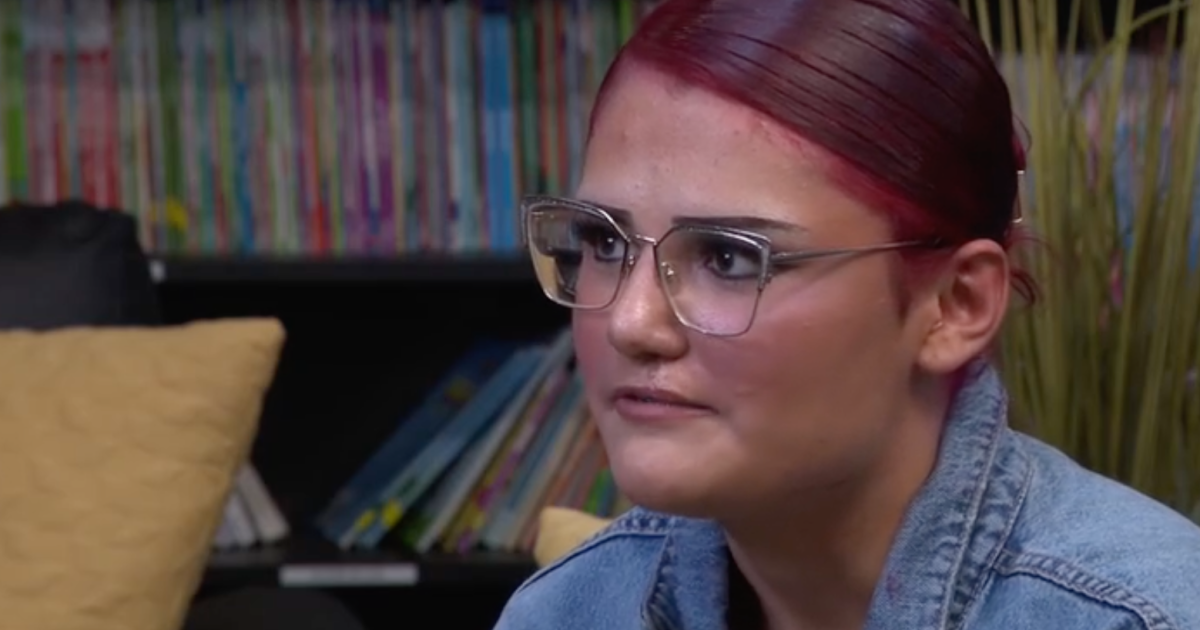Politics
Arizona Foster Care System Faces Criticism Over Runaways

Phoenix’s foster care system is under scrutiny as reports reveal a pressing need for increased support and accountability in group homes. According to young adults who have experienced life in these facilities, a greater presence of caring adults could significantly reduce the number of foster children who run away. Currently, there are approximately 8,300 children in out-of-home care managed by the Arizona Department of Child Safety (DCS), with about 1,400 of them residing in group homes or other congregate care settings.
Most of these children are teenagers who face complex emotional and behavioral challenges. Stephanie Hacke, who recently turned 18, shared her experiences after living in 20 different group homes throughout her childhood. Hacke reported running away at least four times, citing a lack of concern from staff at these facilities. “They don’t care. The door is open. You can leave,” she stated, highlighting a significant gap in the care provided to vulnerable youth.
As of August 2023, DCS had more than 90 foster children classified as runaway, missing, or abducted. Tragically, two young girls who fled from their group homes in Arizona were later found murdered, prompting investigations into the circumstances leading to their deaths. ABC15 is actively investigating these incidents as part of a broader analysis of the DCS system, aiming to uncover systemic failures and hold responsible parties accountable.
Hacke recounted her experiences in which she often lacked basic necessities, including timely medical care for injuries. “There were a couple of times where we didn’t have food, so we had to call the DCS hotline,” she explained. Moreover, she described feeling unsafe within the homes, recalling an incident where she was attacked by another resident at the age of 11.
During a recent meeting of the Congregate Care Coalition in Mesa, Arizona, Hacke and other foster youth shared similar accounts and discussed potential improvements with state legislators. She mentioned that one group home provided a more positive experience, allowing her to stay for over a year. “They actually want to build a relationship with the girls,” she noted. “They take you out, they give you stuff to look forward to, basically, and they will take you to the hospital if you ask.”
Hacke emphasized the need for more group homes to create environments where children feel secure, reducing the desire to run away. The testimonies from Hacke and her peers underscore a critical need for systemic changes in Arizona’s foster care facilities, highlighting the importance of compassionate care and structured support to ensure the safety and well-being of foster children.
As investigations continue, the community remains focused on finding effective solutions to improve the foster care system, ensuring that no child feels the need to escape from a supposed safe haven.
-

 Science2 months ago
Science2 months agoInventor Achieves Breakthrough with 2 Billion FPS Laser Video
-

 Health2 months ago
Health2 months agoCommunity Unites for 7th Annual Into the Light Walk for Mental Health
-

 Top Stories2 months ago
Top Stories2 months agoCharlie Sheen’s New Romance: ‘Glowing’ with Younger Partner
-

 Entertainment2 months ago
Entertainment2 months agoDua Lipa Aces GCSE Spanish, Sparks Super Bowl Buzz with Fans
-

 Health2 months ago
Health2 months agoCurium Group, PeptiDream, and PDRadiopharma Launch Key Cancer Trial
-

 World2 months ago
World2 months agoIsrael Reopens Rafah Crossing After Hostage Remains Returned
-

 Top Stories2 months ago
Top Stories2 months agoFormer Mozilla CMO Launches AI-Driven Cannabis Cocktail Brand Fast
-

 Entertainment2 months ago
Entertainment2 months agoMother Fights to Reunite with Children After Kidnapping in New Drama
-

 World2 months ago
World2 months agoR&B Icon D’Angelo Dies at 51, Leaving Lasting Legacy
-

 Business2 months ago
Business2 months agoTyler Technologies Set to Reveal Q3 Earnings on October 22
-

 Health2 months ago
Health2 months agoYouTube Launches New Mental Health Tools for Teen Users
-

 Health2 months ago
Health2 months agoNorth Carolina’s Biotech Boom: Billions in New Investments









